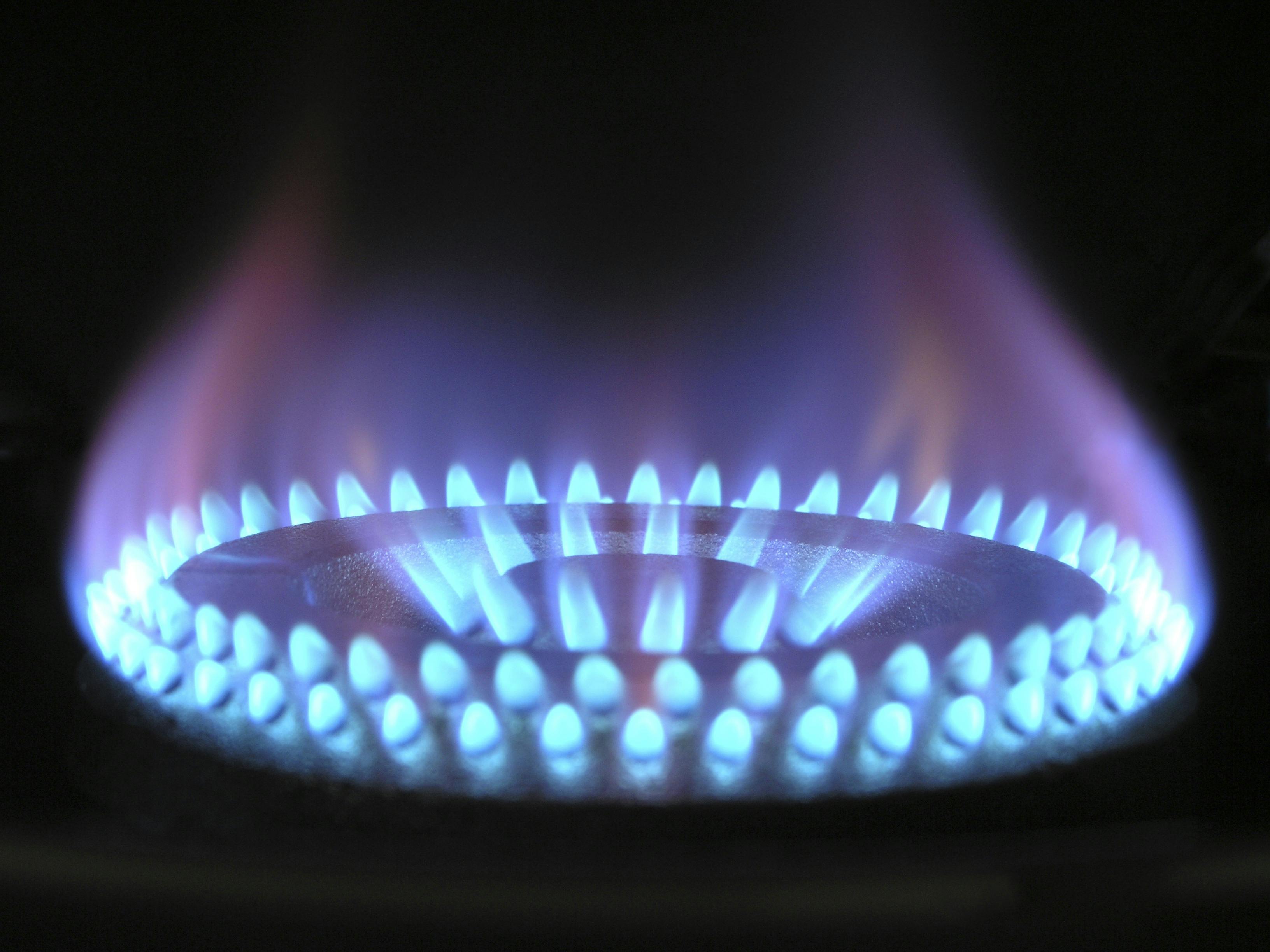Malaysian Timber Industry
Malaysia is one of the Southeast Asian countries, supplying mostly quality wood to mainly Asian countries such as Taiwan, China, Australia and Japan. For the past 8 years to the present day, Malaysian hardwoods are gaining popularity due to their competitive market price, quality, uniqueness, and the support of the Malaysian government.
Malaysian rubberwood is primarily used to make furniture, moldings, and joinery products. This is because it contains special glue lamination properties that make it one of the most suitable woods for the manufacture of a wide range of products, such as household implements, blockbard cores, stairs, parquet floors and door frames and Windows. Manufacturers also use rubberwood for panel products such as plywood and veneered laminated lumber (LVL). There is nothing left to waste in production where rubberwood trimmings and waste are used extensively in Malaysia for the production of particle board, wood-cement board, and medium-density fibreboard (MDF).
In addition to rubber woods, there are other quality woods that may still have the same characteristics, such as Burmese Teak, Merbau, Belian, Burmese Ironwoods, Walnut, Kempas, Rosewoods, Red Balau, White Oak from USA, Chengai, Tualang and Keranji.
Here are some characteristics of the wood for your general knowledge.
SOFT WOODS
There are very few commercially important true softwoods in Malaysia. Neither is durable in the tropics. The main difference between hardwoods and softwoods (conifers) is the absence of vessels (pores) in softwoods.
LIGHTWEIGHT HARDWOODS
These include all relatively light-weight and softwoods ranging in density from about 400 to 720 kg. perceived. Mister. at 15 percent moisture content. They are the “general purpose” woods of Malaysia, comparable to the general purpose woods in temperate climates; however, the latter are mainly softwoods (conifers). In addition to general purpose purposes, many of these light hardwoods are excellent for joinery, joinery, furniture, decorative paneling, etc. Although they are not naturally durable in tropical climates, some are quite durable in temperate regions. Provided proper precautions against attack by wood-destroying agents are taken, lightweight hardwoods as a whole are very satisfactory woods for general construction, even when used in tropical climates.
HEAVY HARDWOOD
These are heavy or very heavy construction timbers ranging in density from about 800 to 1120 kg. perceived. Mister. at 15 percent moisture content. They are naturally durable as they contain within their tissues some toxic materials, for example alkaloids or other substances repellants to the destructive agents of the wood and, therefore, they can be used safely without preservative treatment even in positions exposed to activities of fungi or termites; the sapwood of these woods, however, is not durable.
There are four main subsectors for the timber industry in Malaysia: –
1. Sawn wood
2. Veneer and panel products including plywood and other reconstituted panel products such as particle board / chipboard / fibreboard.
3. Moldings and joinery and joinery builders (BJC) such as doors / windows and their components, panels and laminated flooring / parquet.
4. Furniture and furniture components.
The industry is predominantly owned by Malaysia and it is estimated that 80% of logging companies are small and medium-sized companies. Most of the largest sawmills, veneer and plywood are located in Sabah and Sarawak. The Sabah and Sarawak mills use tropical timber species for the production of lumber, veneer, plywood and other veneered panel products. More than 45 percent of the plywood factories and 60 percent of the trim factories are located in Sabah and Sarawak. Post-processing plants for the production of fibreboard, BJC, as well as furniture and furniture components, are mainly located in Peninsular Malaysia. These mills mainly use rubber wood from sustainable plantations.
